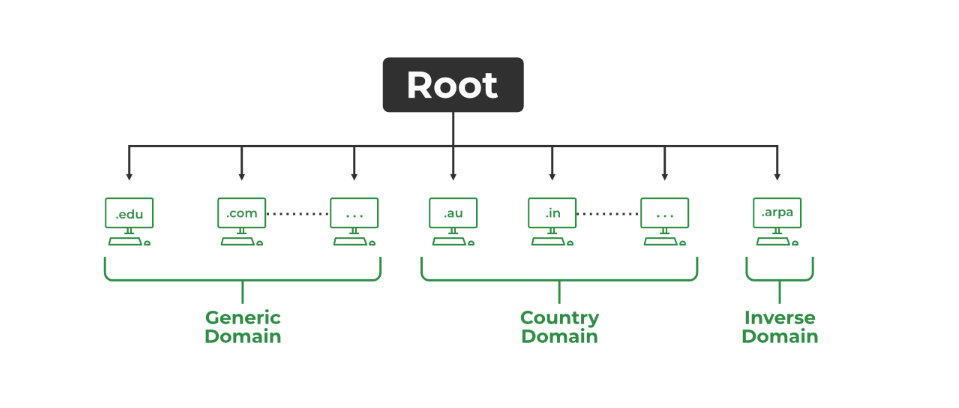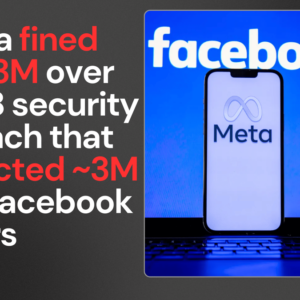Ever wondered who controls all those website names you see every day? The world of domain ownership is fascinating and complex, involving a mix of history, technology, and business. In this blog post, we’ll explore the journey of domain names, their value, and the organizations that help manage them.
The Birth of Domains
The concept of domain names was introduced in the 1980s to make the internet more user-friendly. Before domains, people had to remember complex numerical IP addresses to access websites. The Internet Corporation for Assigned Names and Numbers (ICANN) was founded in 1998 to manage domain names and ensure that the internet remains stable and secure. ICANN oversees the domain registration process and accredits registrars who sell domain names to individuals and businesses.
Who Controls Domain Ownership Today?
Domain names are owned by whoever registers them through an accredited registrar. Registrars are companies that provide services to register domain names, like GoDaddy or Namecheap. ICANN regulates these registrars to ensure fair practices and competition. When you register a domain, you pay a fee, usually for one to ten years, after which you must renew it to maintain ownership. If you don’t renew, the domain can be sold to someone else.
Understanding ICANN’s Role
The Internet Corporation for Assigned Names and Numbers (ICANN) was established in 1998 to manage the global domain system. Think of ICANN as the referee in a game where everyone wants to play nicely. It ensures that every domain name is unique and that there’s no confusion among internet users.
ICANN oversees the accreditation of domain registrars—companies that sell domain names to customers. To become accredited, registrars must meet specific criteria, including financial stability and technical capability. Currently, registrars pay an annual fee to ICANN, which helps maintain the security and stability of the Domain Name System (DNS).

ICANN Accreditation Process
- Application: Companies must complete an application form.
- Review: ICANN reviews applications for completeness.
- Agreement: If approved, registrars sign an agreement with ICANN and pay an accreditation fee.
This process ensures that only qualified companies can sell domain names, maintaining trust in the system.
The Craze for Expensive Domains
Some domain names have sold for astonishing amounts of money! Here are a few examples:
- Voice.com – Sold for $30 million
- Business.com – Sold for $7.5 million
- CarInsurance.com – Sold for $49.7 million
These domains are valuable because they are short, memorable, and often relate to popular industries or services. Companies are willing to pay big bucks for them because having a strong online presence is crucial in today’s digital world.
Domain Registrar vs. Reseller
Understanding Registrars and Resellers
When it comes to buying a domain name, you often hear about registrars like GoDaddy and resellers.
- Domain Registrars: These are accredited by ICANN to sell domains directly to customers.
- Resellers: They buy domains from registrars at wholesale prices and sell them at a markup. For example, a small business might use a reseller program to offer domains without needing ICANN accreditation themselves.
This distinction is crucial for understanding how domains are sold in the marketplace.
How to Get Involved in the Domain Business
Steps to Entering the Market
If you’re interested in becoming a registrar or reseller:
- Research Requirements: Understand what it takes to get accredited or set up as a reseller.
- Apply for Accreditation: Follow ICANN’s guidelines if you want to become a registrar.
- Start Selling: If you’re a reseller, partner with a registrar and start offering domains.
Entering this market can be rewarding but also challenging due to competition and regulatory requirements.
Conclusion
In summary, understanding who owns all the domains involves looking at their history, value, and management systems like ICANN. With millions at stake in premium domains and various pathways into this business, it’s an exciting field full of opportunities.
Now that you know how the domain world works, could you be the next big domain tycoon?












